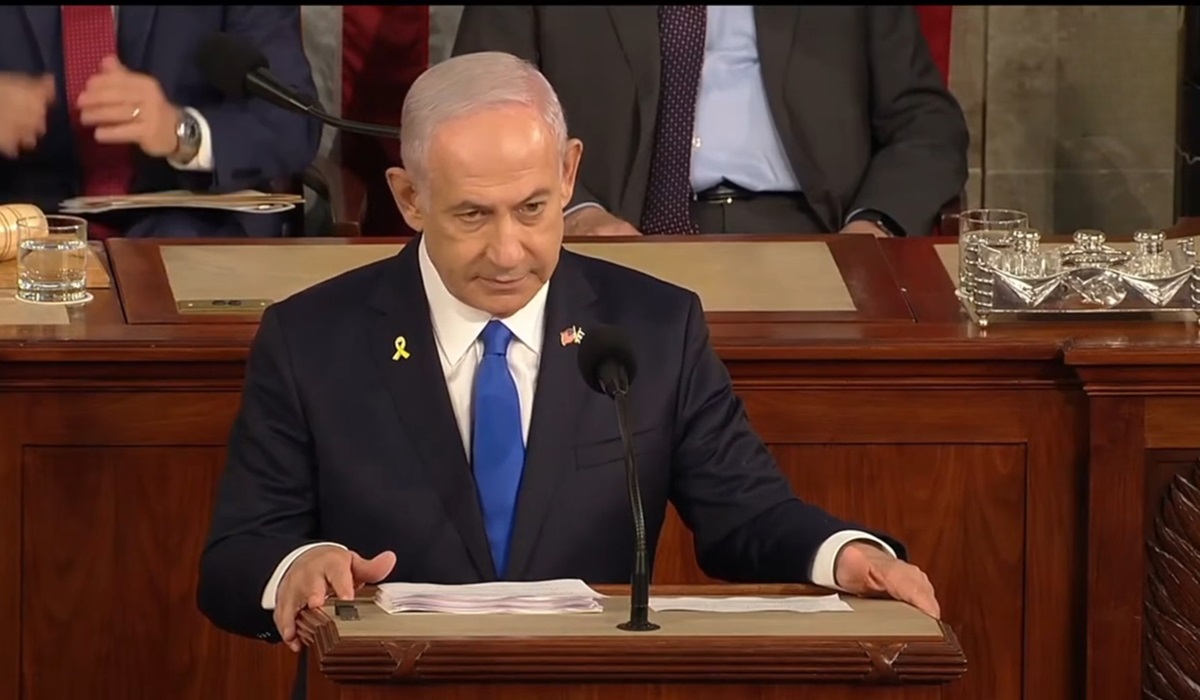Stewart Rhodes, Oath Keepers Leader, Sentenced to 18 Years for Seditious Conspiracy in Capitol Insurrection
- TDS News
- Southern USA
- Trending
- U.S.A
- May 25, 2023

In a landmark ruling, Stewart Rhodes, the leader of the Oath Keepers, a right-wing militia group, has been sentenced to 18 years in prison for his involvement in a plot to stop the peaceful transfer of power in the 2020 U.S Presidential election. The sentencing, which also included a 12-year prison term for Kelly Meggs, the Florida Chapter leader of the Oath Keepers, marks a significant moment in the aftermath of the deadly insurrection on January 6, 2021, at the U.S. Capitol building. District Judge Amit Mehta, who presided over the case, expressed grave concern over Rhodes’ actions and highlighted the ongoing threat they posed to the nation’s democracy.
Stewart Rhodes, a former U.S. Army paratrooper and Yale Law School graduate is the founder and leader of the Oath Keepers. The far-right, anti-government militia group primarily comprises current and former military, law enforcement, and first responder personnel. The organization, founded in 2009, professes to uphold the oath it took to support and defend the Constitution of the United States.
They claim to be dedicated to protecting individual liberties and resisting perceived government overreach. However, their activities and rhetoric have been scrutinized for their alleged involvement in extremist and seditious actions.
During the sentencing hearing, District Judge Amit Mehta expressed deep concerns about Stewart Rhodes’ actions and their potential danger to the country’s fabric. Judge Mehta stated, “I dare say, Mr. Rhodes – and I have never said this to anyone I have sentenced – you pose an ongoing threat and peril to our democracy and the fabric of this country.” He emphasized that citizens cannot resort to fomenting revolution simply because they disagree with the outcome of an election or believe the law was not followed as they wished.
The judge’s decision to sentence Rhodes to 18 years in prison was a stern response to his involvement in seditious conspiracy and his role in the deadly insurrection on January 6, 2021. Despite showing no remorse, Rhodes received a sentence seven years shorter than the 25 sought by the prosecutors. Judge Mehta ruled that Rhodes’ actions amounted to domestic terrorism, setting a precedent for the severity with which such offences will be treated.
Rhodes’ lengthy sentence is a powerful message to individuals who refuse to accept responsibility for their roles in the insurrection. These individuals risk long sentences under the law by refusing to acknowledge the legitimacy of the peaceful power transfer if convicted. The ruling should deter those who might consider taking part in similar acts of violence or attempting to subvert the democratic process.
The January 6 insurrection highlighted the fragility of democracy and the importance of holding individuals accountable for their actions. The sentencing of Stewart Rhodes is a significant step towards ensuring justice and reinforcing the principle that no one is above the law.
This ruling underscores the gravity of attempting to subvert the democratic process and should serve as a powerful deterrent to others who might consider similar actions in the future. The conviction and sentencing of Rhodes demonstrate the commitment of the justice system to protect the peaceful transfer of power and uphold the rule of law.








